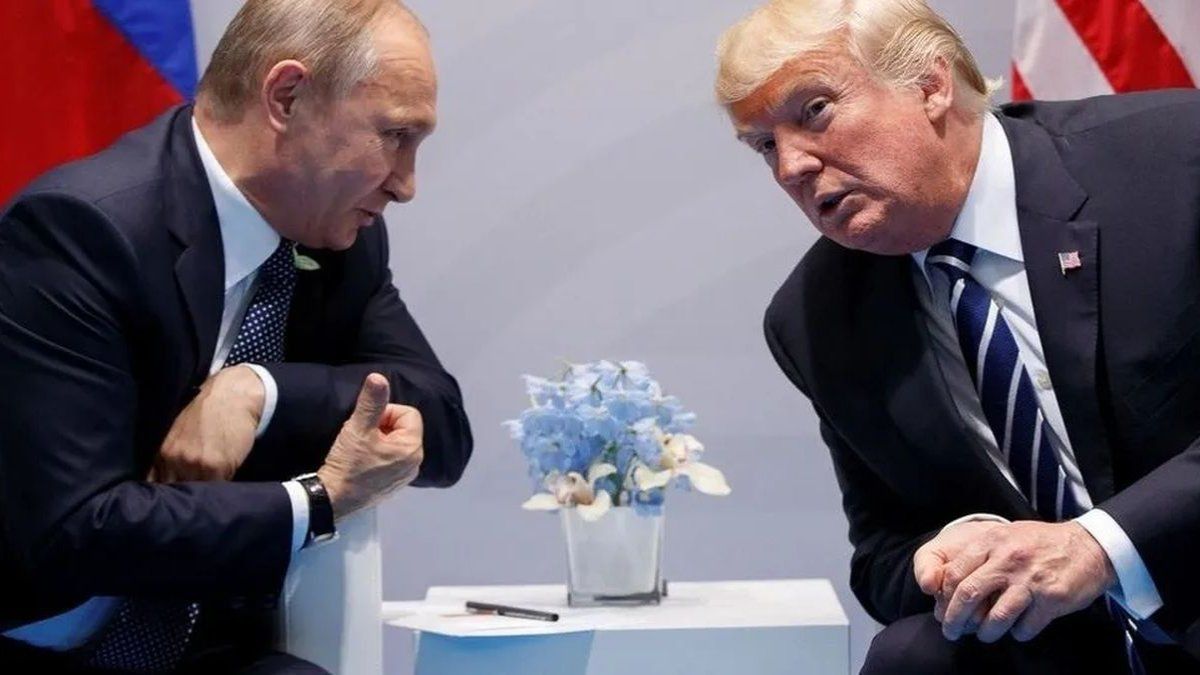Russia is carrying out unprecedented air strikes on Ukraine – probably in revenge for the enemy’s ground offensive in the Kursk region. President Selenskyj announces a reaction.
Ukrainian President Volodymyr Zelensky has announced retaliation for the large-scale Russian air strikes on his country. F-16 fighter jets supplied by the West will also be involved in the military response, Zelensky said in his evening video message. According to information from Kiev, Russia attacked the neighboring country with 236 rockets, cruise missiles and drones within a short period of time. The attacks were primarily aimed at the country’s energy infrastructure.
According to authorities, the air strikes on Monday killed at least seven people and injured 47 others. Air raid warnings were issued again in many places in Ukraine on the night of Tuesday. According to authorities, a Russian missile hit a hotel in the city of Kryvyi Rih. At least two people were killed, Ukrainian media reported, citing the military administrations of the city and the district. Up to five people could be buried under the rubble of the building, and rescue operations are underway. The industrial city of Kryvyi Rih in the Dnipropetrovsk region is Zelensky’s birthplace.
Zelensky did not provide details of the announced retaliation for Monday’s air strikes. However, he also referred to the Ukrainian offensive in the Russian Kursk region, which has been ongoing for three weeks. Ukrainian troops have expanded their control there and have again taken Russian prisoners of war, which improves the possibilities for prisoner exchanges.
Selenskyj: Destroyed energy infrastructure will be repaired
After the Russian attacks, the authorities in Ukraine reported massive damage to the energy infrastructure. The energy suppliers also announced power outages in some places for Tuesday. “In some places, the terrorist state attacked civilian targets with cluster munitions,” Zelenskyj said via Telegram after a meeting with the military leadership. Before repairs to the energy sector can begin, the cluster bombs must be defused.
In view of the damage, the president had previously called for more weapons from the allies in a video message and for the release of long-range Western missiles to attack targets in the Russian hinterland. There are currently restrictions on their use.
Russia’s retaliation for Kiev’s Kursk offensive
There were hours of air raid warnings in many regions of Ukraine on Monday. The bombings, which the Russian Defense Ministry also reported on in detail, are considered part of retaliation for the Ukrainian offensive in the Kursk region, which began on August 6. The Ukrainian air defense reportedly repelled 201 attacks.
Forces loyal to the Kremlin recently criticized Moscow for waiting so long to respond. Experts believe that Ukrainian forces will be able to control the occupied Russian towns for months.
Selenskyj: Kursk offensive compensates for lack of weapons clearance
President Zelensky also justified the invasion of the Kursk region by saying that the Western allies have not yet approved long-range weapons for use on Russian territory. The presence of Ukrainian troops and their efforts to eliminate the Russian threat are a way to compensate for the lack of permission, he said.
Three weeks ago, Ukraine invaded the Kursk region with around 10,000 soldiers. Zelensky also said that this was intended to increase pressure on Moscow to enter into negotiations for a just peace solution to the war initiated by the Kremlin two and a half years ago. After the invasion, Russia declared its willingness to hold talks null and void.
Ukrainian commander-in-chief consults with NATO general
The commander-in-chief of the Ukrainian armed forces, Olexander Syrskyj, informed the news network Telegram about a conversation with the commander-in-chief of NATO forces in Europe, Christopher G. Cavoli. The discussions were about the situation at the front, strengthening air defense and “protecting cities and critical infrastructure from the constant terrorist attacks of the Russian Federation.” Syrskyj described the need for weapons, additional ammunition and military equipment.
Apart from the territorial gains made during the offensive in the Russian region of Kursk, the Ukrainian armed forces in the east of their own country are still under massive pressure. In view of the Russian advance in the Pokrovsk region in the Donetsk region, Zelenskyj announced that reinforcements for the region had been decided at a meeting with the military leadership. The Russian troops had recently repeatedly announced the capture of entire towns in the Donetsk area.
Donetsk region orders further evacuations
The Ukrainian authorities ordered further evacuations in view of the Russian advance in the area. Due to the worsening security situation, the zone for compulsory evacuations has been expanded, and children and their parents or guardians must leave their homes, the governor of Donetsk announced. A total of 27 villages in the Kostiantynivka and Selydove area were listed. An evacuation of villages had already been ordered in the Pokrovsk area due to the advance of Russian troops.
What will be important on Tuesday
There is also a nuclear power plant in the contested Russian region of Kursk, which Moscow sees as being in danger due to the Ukrainian attacks. The head of the International Atomic Energy Agency (IAEA), Rafael Grossi, plans to visit the site with a team on Tuesday to assess the situation. In view of the fighting near the nuclear reactor, the situation is to be classified as “serious,” said the Director General.
The nuclear power plant in the town of Kurchatov is located about 30 kilometers from the furthest known advance of the Ukrainians. Last week, Russia informed the IAEA about a repelled drone in the area of the power plant. However, it is still unclear whether the nuclear power plant is a target of the Ukrainian advance.
Grossi has already visited the Russian-occupied Zaporizhia nuclear power plant in Ukraine several times and stationed an IAEA team there. The constant presence of international experts not only serves to monitor the situation, but also to deter hostilities that could trigger a nuclear catastrophe.
Source: Stern
I have been working in the news industry for over 6 years, first as a reporter and now as an editor. I have covered politics extensively, and my work has appeared in major newspapers and online news outlets around the world. In addition to my writing, I also contribute regularly to 24 Hours World.




